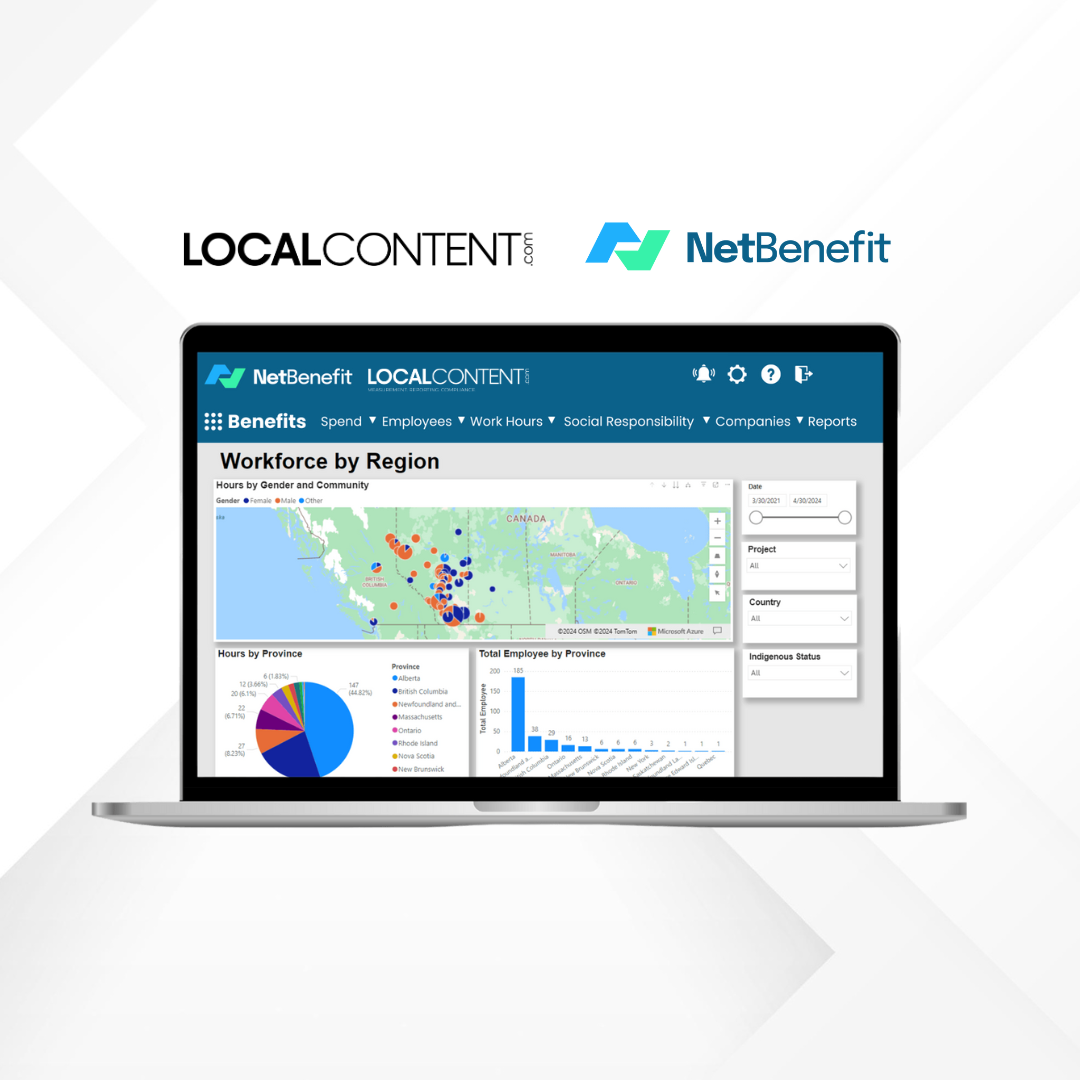Artificial Intelligence (AI) is reshaping industries, economies, and daily life at an astonishing pace. Yet, as innovation accelerates, a crucial question lingers—who benefits from AI’s advancements? The answer will largely depend on whether policymakers and industry leaders integrate robust local and domestic content policies that ensure AI strengthens communities and fosters equitable economic growth, rather than exacerbating existing inequalities.
For AI to truly drive inclusive progress, it must be embedded in local economies, ensuring that innovation doesn’t remain concentrated in major tech hubs but extends its benefits to broader communities. Rather than being isolated clusters of technological advancement, AI hubs must be developed with intentional strategies that enhance workforce development, support small businesses, and fuel economic transformation. These initiatives require not only investment in infrastructure and education but also clear policies that guarantee domestic leadership in AI innovation while securing ethical, sustainable AI deployment.
The Imperative for Local Content Policies in AI
AI development often thrives in well-established tech hubs like Silicon Valley, Boston, and international centers such as London and Shenzhen. While these locations foster rapid advancements, they also risk leaving smaller regions behind, preventing them from becoming contributors to AI’s growth. Without intentional local investment, many areas may struggle to transition from being AI consumers to innovators.
Local content policies can address several pressing concerns:
- Workforce Development and Training: Community colleges, universities, and vocational institutions must be integrated into AI education strategies, providing entry-level training and pathways to specialized careers. These institutions can serve as the backbone for AI workforce development, ensuring broader access to emerging job opportunities.
- Business Support & Commercialization: AI should not be limited to large corporations and research institutions. Small businesses must be empowered with tools, knowledge, and funding to implement AI solutions in their operations. Accessible training programs, AI incubators, and funding for early adoption are critical steps toward enabling small enterprises to remain competitive in an AI-driven economy.
- Infrastructure for Inclusivity: AI hubs must be accessible, strategically located near transportation networks and business districts to ensure diversity in participation. If AI development remains concentrated in select locations, it risks creating isolated innovation bubbles rather than widespread economic upliftment.
- Ethical Governance and Community Engagement: AI policies must be developed with input from community stakeholders—ensuring transparency, fairness, and accountability in implementation. This is essential in preventing algorithmic bias, discrimination, and unintended socioeconomic consequences.
Domestic AI Policy: Safeguarding Long-Term Innovation
Beyond local community engagement, domestic AI policies play a vital role in shaping the industry at a national level. AI is rapidly becoming a foundational pillar in global economic competitiveness, with countries racing to establish themselves as leaders in AI research and commercialization. For any nation to maintain a leading role, policymakers must implement frameworks that encourage AI innovation while addressing long-term risks associated with cybersecurity, data governance, and ethics.
Domestic policies should prioritize:
- Data Security and Privacy: AI is deeply reliant on data, and ensuring robust security frameworks is non-negotiable. Governments and industry leaders must champion cybersecurity research, enforce strict data handling regulations, and develop AI-driven cybersecurity solutions that safeguard public and private sectors.
- AI Ethics and Responsible Innovation: Ethical AI governance should advocate for transparency in AI systems, fairness in decision-making algorithms, and policies that mitigate harmful biases in AI deployment. AI must not replicate systemic inequalities but instead serve as a force for positive change.
- Government-Backed AI Commercialization Efforts: Countries cannot rely solely on private-sector leadership in AI innovation. Federal and state-level investment in AI R&D, subsidies for AI startups, and strategic partnerships with research institutions will be instrumental in sustaining global competitiveness. AI hubs must foster entrepreneurship, enabling new solutions to emerge domestically rather than relying on foreign technological imports.
AI Hubs as Drivers of Inclusive Innovation
For AI hubs to be truly transformative, they must move beyond being research-centric spaces and instead become thriving, community-integrated innovation centers. AI adoption must prioritize upskilling local talent, supporting underserved communities, and building strong public-private partnerships. If designed correctly, AI hubs can serve as launchpads for economic opportunity, providing real-world applications for AI in industries like healthcare, renewable energy, and small business development.
A strategic approach to AI integration includes:
- AI Workforce Pipelines: Universities, community colleges, and vocational training centers should collaborate closely with AI hubs to develop specialized programs, ensuring that emerging AI career opportunities are accessible across all demographics.
- Startup Incubation and Local Entrepreneurship: AI hubs should offer startup incubators, venture capital access, and mentorship programs for new AI-driven businesses, fostering innovation beyond corporate giants and empowering local enterprises.
- Public Awareness and Engagement: AI literacy must be expanded beyond developers and executives. Public workshops, AI hackathons, and online AI education campaigns can help democratize AI knowledge, making AI tools understandable and accessible to all.
Conclusion: AI’s Future Should Serve Communities, Not Leave Them Behind
The AI revolution is inevitable, but the direction it takes is still within our control. If AI innovation is driven solely by market forces, it risks reinforcing existing inequalities rather than reducing them. Governments and industry leaders must take a forward-thinking approach—one that embeds AI within communities, prioritizes local investment, and ensures AI serves as a catalyst for widespread economic growth.
Policymakers, businesses, and AI stakeholders must take decisive steps to ensure AI hubs foster equitable access, responsible development, and long-term domestic leadership. AI’s success should not be measured solely in technological advancements but in the prosperity and inclusion it brings to society at large.








